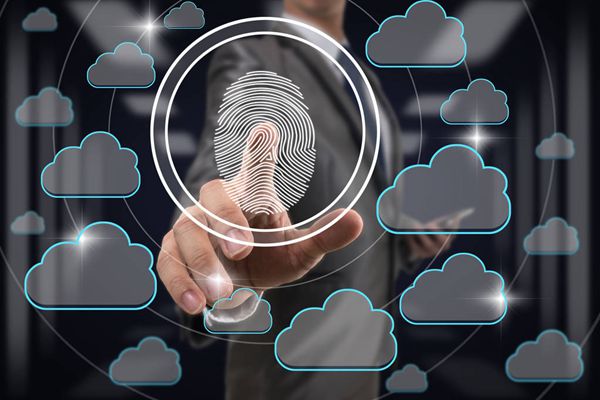A recent study suggests that human fingerprints may not be what traditional forensic science believes.uniqueThe study used a technique commonly used in facial recognition.AI ModelsThe team, which is based in Cambridge, Massachusetts, and has developed a new algorithm that can detect fingerprints in people with different backgrounds. The algorithm, trained on more than 60,000 fingerprints, found the overlooked similarities. The findings, published in the journal Science Advances, call into question a long-standing mainstay of forensic science.

The research team reportedly used an AI model to analyze patterns and identifiers in fingerprints, with an accuracy of more than 75% to 90% to determine whether different types of fingerprints came from the same person. "Obviously, it doesn't use the traditional markers that forensic science has been using for decades," said Hod Lipson, a roboticist at Columbia University and co-author of the study.
The researchers abandoned traditional forensic methods that rely on "minutiae" when training an AI model, and instead focused on the angle and curvature of the vortex at the center of the fingerprint. In theory, these insights could be used to link different types of fingerprints found at multiple crime scenes to the same person.
However, this view has been strongly opposed by forensic scientists, especially the research team without background in this field. Simon Cole, professor of forensic science, law and society at the University of California, Los Angeles, is one of the critics. He believes that these findings do not overturn current forensic technology: "We are not 'wrong' about the fingerprints, and even if the fingerprints are found to be similar, it does not overturn the unproven but intuitively correct statement that 'no two fingerprints are exactly the same.'" He added: "Fingerprints of different people, as well as fingerprints of the same person, have long been known to be similar."
Gabe Guo, the study's lead author and a senior undergraduate at Columbia University, remained firm in the face of criticism, insisting that their findings were "irrefutable." He stressed that AI will revolutionize other areas of analysis, saying: "We will see people using AI to discover things that have always been right in front of us, like our fingers."